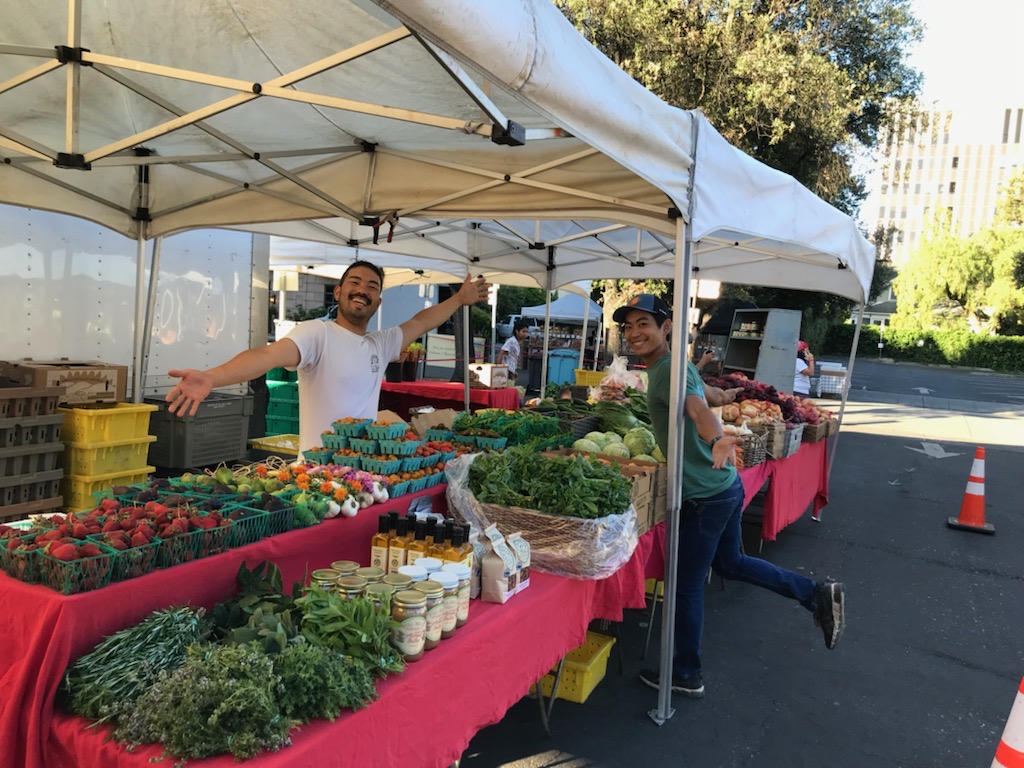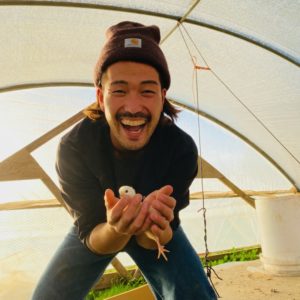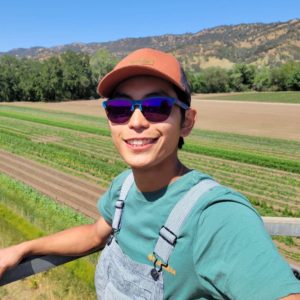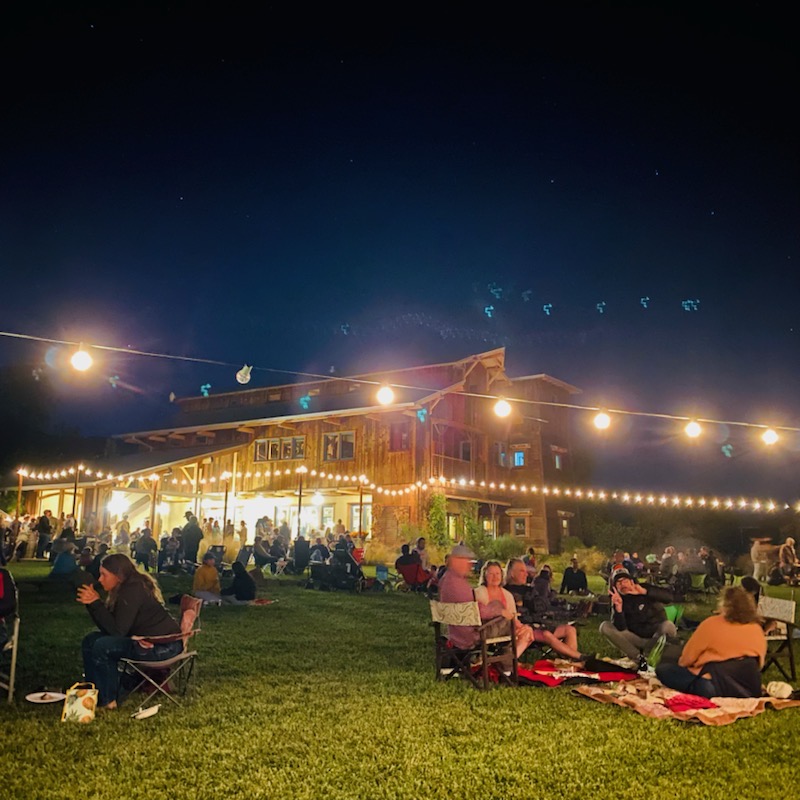
Full Belly Farm is a special place for many reasons, and high up on that list is the people. Since almost the very beginning of the farm, interns have played a key role in the farm community. This week, I sat down with two interns, Yasuaki Saito (left, in both photos) and Kosuke Kato (right) to learn about their background and their experience at Full Belly Farm. They both arrived last September as part of the Japanese Agriculture Exchange Program, a program that Full Belly has had a relationship with for many years. The program starts with two months in Washington State taking English classes, then 13 months working at a farm (mostly on the West Coast), and then concludes with two months at UC Davis. They’ve done a little bit of everything (including filling in for a home delivery route) and are great members of the team.


Here’s that discussion, edited and condensed.
Question: Where did you grow up and how did you decide you wanted to farm?
Yasuaki: My family has been farming since 1900, Saito Brothers Farm. I am from Chiba prefecture, where Tokyo Disneyland is. I always worked at the farm as a kid. Today my grandfather, father, and brother all work at the farm. In university, I studied international immigration history and my last year of school, everyone interviews with companies. I did several interviews with companies, like a cell phone company and a hotel company but then I decided that I wanted to do farming instead. My brother did the Japanese Agriculture Exchange Program in Washington and now I am here.
Kosuke: I grew up in Tokyo. My grandparents lived in the country in Nigata prefecture, famous for growing rice. My grandmother’s brother has a rice farm there and we would visit every summer. In high school, I ran track and field and the coach’s son was an agriculture student. That made me interested and then I studied agriculture in university. When I did a two-week internship in Hokkaido there was a big earthquake and there was no power or water for three days. People helped each other and it was so cool to see how the farmers helped the community. I wanted to be like them. I did not get much experience in farming in university, so after, I worked at a fruit farm. The owner was part of the Japanese Agriculture Exchange Program in Washington at an apple farm years ago and told me about it. He came to visit this year during the Almond Festival.

Q: What is different about farming and agriculture here? What has surprised you?
Y: Everything is different; soil, temperature, environment. Such a big crew. My family’s farm only has five people. Farmers markets are different too. My family sells our produce to restaurants and at vending machines [Note: yes – vending machines!!!! There are photos of this here (scroll down to see the produce photos), or on the farm’s Instagram]. I have only worked at my family’s farm so this is my first time working with animals and special products, like jam and pasta.
K: Americans seem more interested in organic. In Japan, people don’t seem to care as much.
Q: What is your favorite thing to do?
Y: Transplanting!
K: Farmers markets. It’s exciting to talk with Americans and work on my English and make friends. Very good time.
Q: Is there anything you don’t like to do?
Y: Not really. But if I do some things for a really long time, like washing potatoes or harvesting garlic, it can get a little boring.
K: I’m not good at getting eggs. The chickens make me nervous when they try and peck me.
Q: What are your plans for when you return, and what do you plan to bring back with you from your time at Full Belly?
Y: I am going to work on my family’s farm. I want to do pizza nights and other events to build connections with customers. I don’t think we can be organic, but I want to be more sustainable. Like compost and sheep.
K: I am going to go back to the farm in Hokkaido and I want to raise sheep. Hokkaido is known for lamb barbecue but all the lamb is imported from New Zealand and Australia. And I think we should have a bigger crew. Right now that farm just has four people and with more, we could do more projects.
That barely scratches the surface but thank you to Yasuaki and Kosuke for taking the time to share their stories, and their photos, with us.
– Elaine Swiedler, CSA Manager

